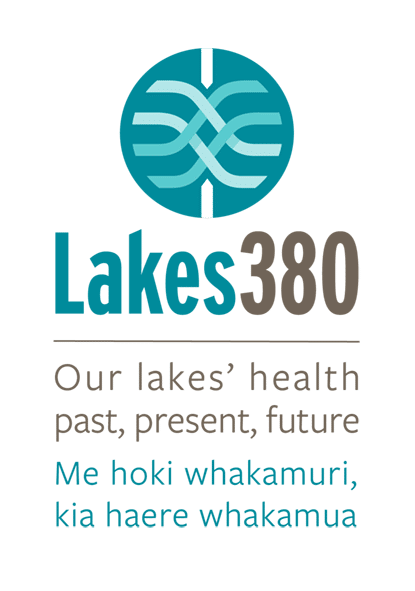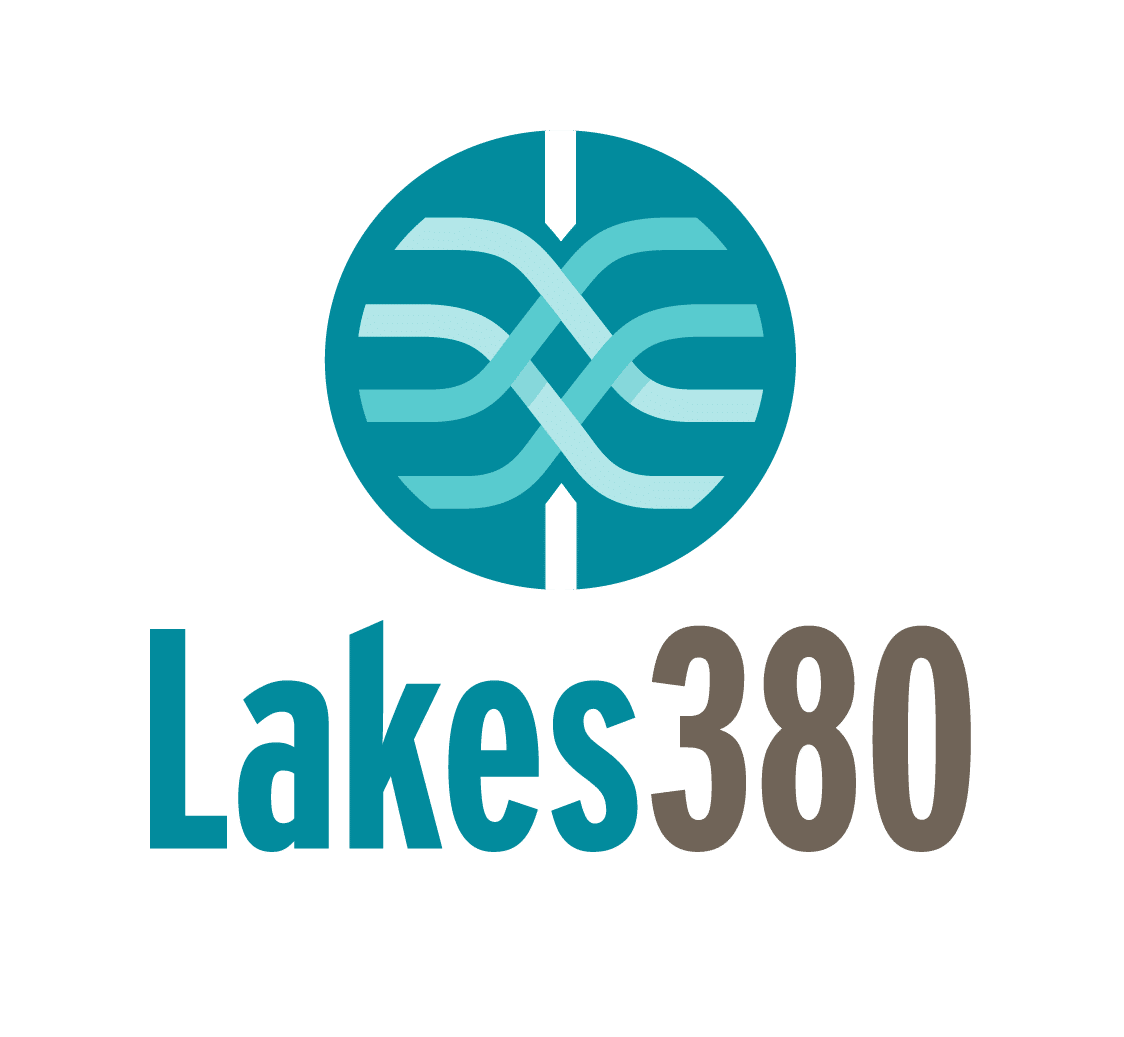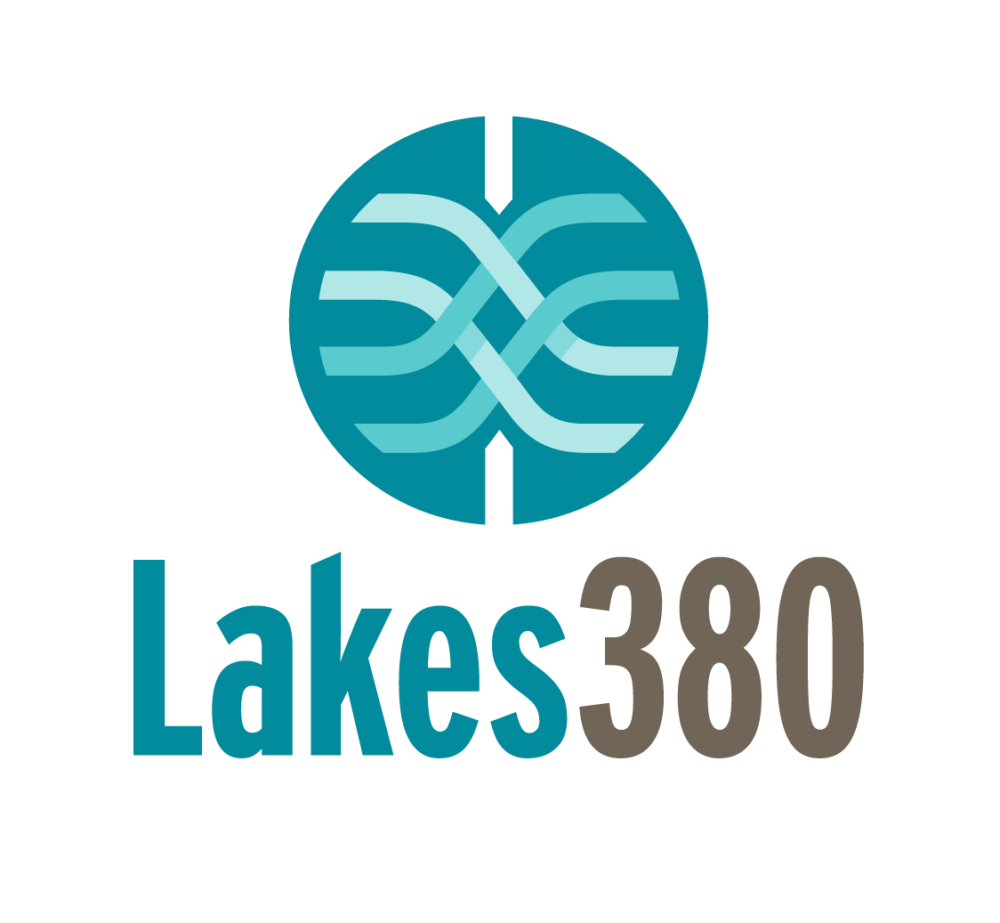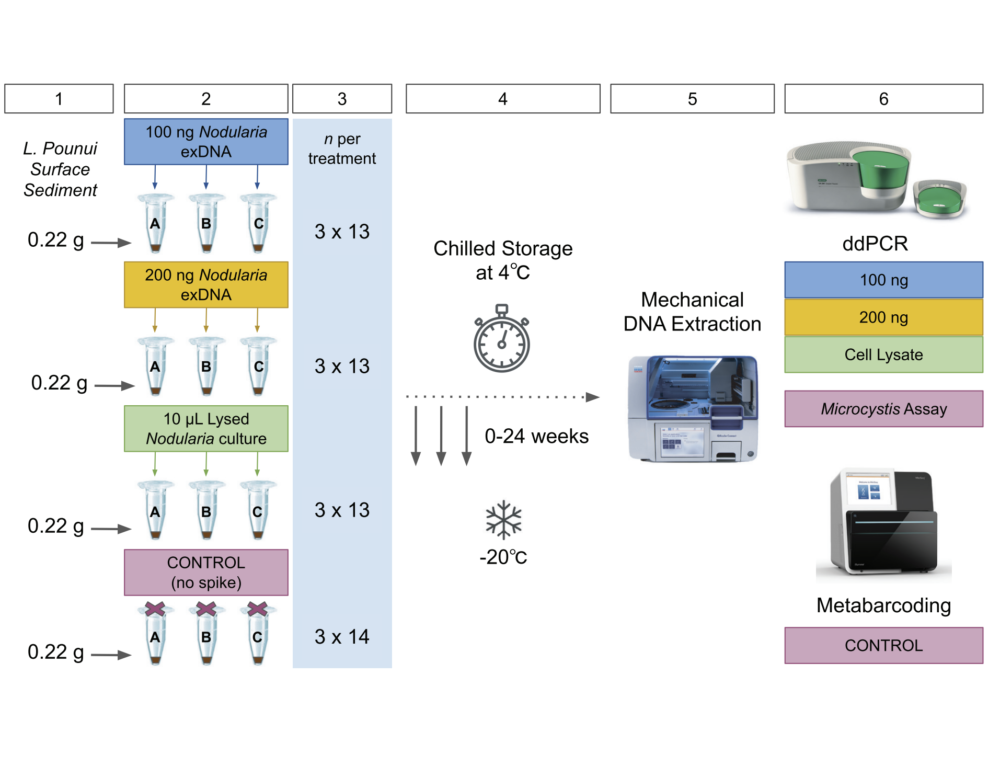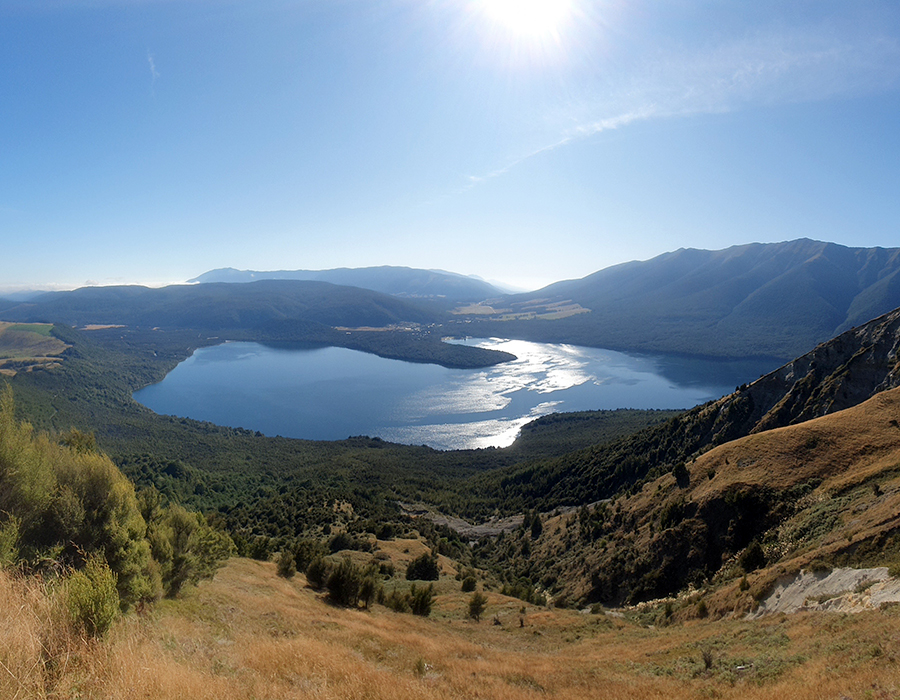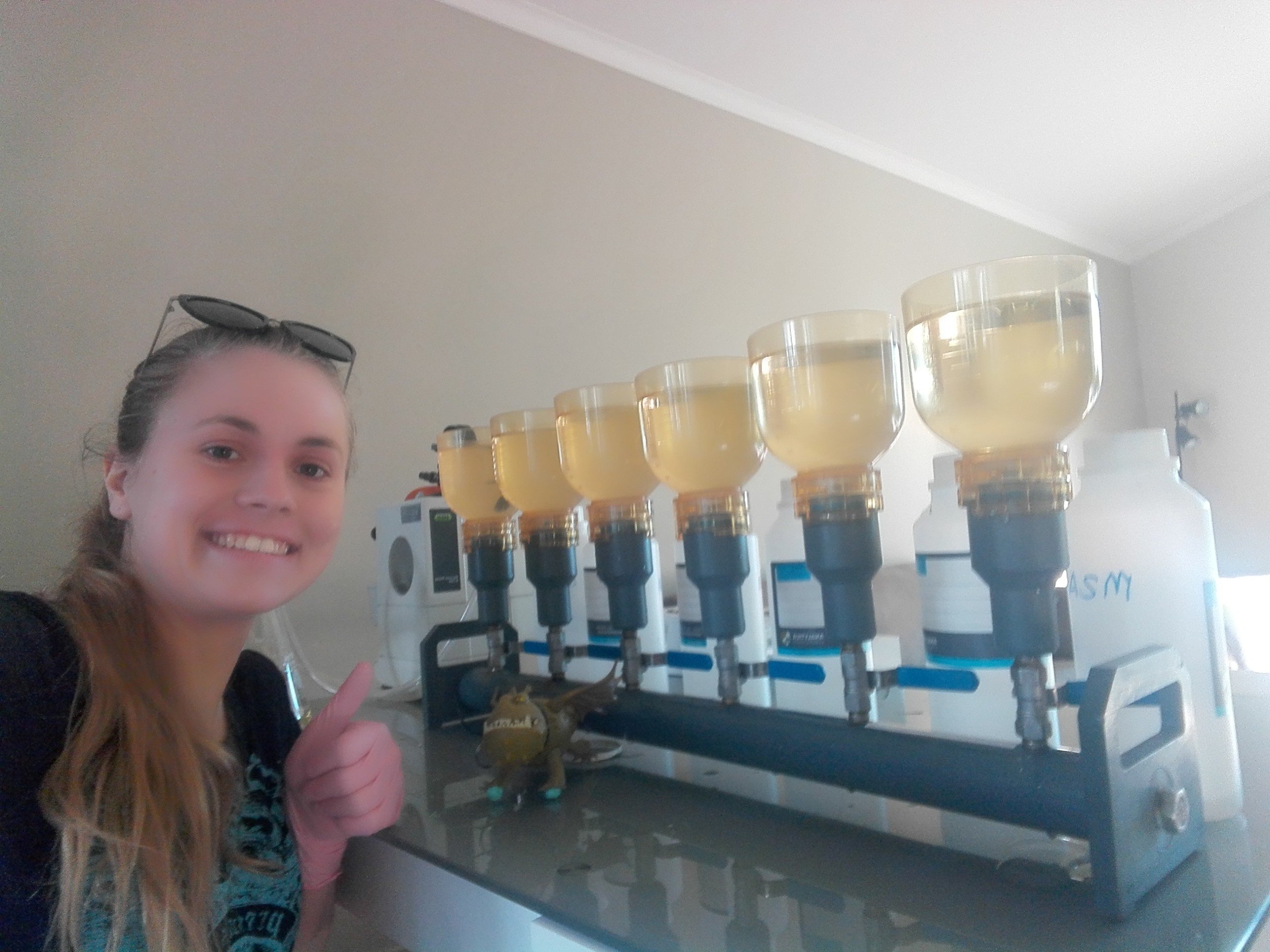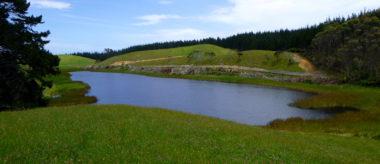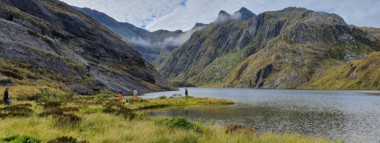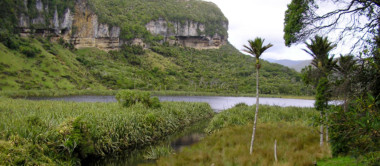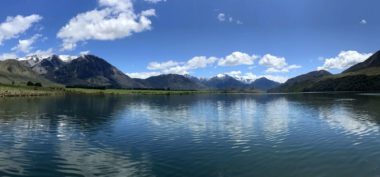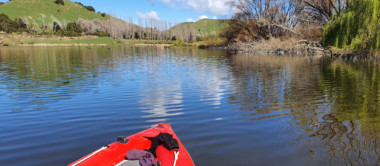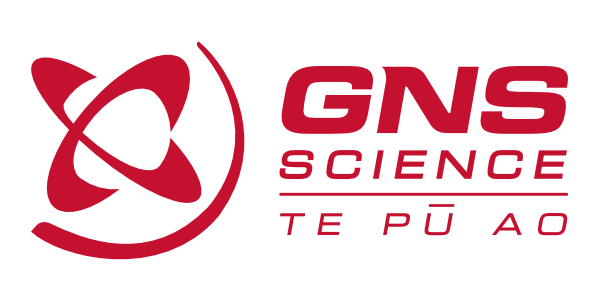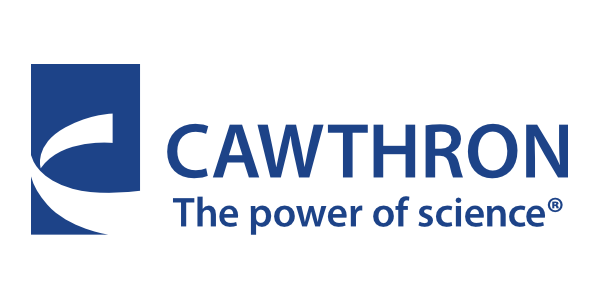As part of Lakes380 and other large projects worldwide hundreds of sediment cores are being collected. Sometimes these are from places where it is not easy to store them chilled or because of the sheer numbers of cores collected they might get stored for weeks before sampling.
In this recently published study Katie Brasell and others assessed how long sediment could be stored in the fridge in the dark before the composition of microbes living in the sediment and DNA changed. The results showed that DNA yields and microbial community composition data shift significantly when sediments are stored chilled for more than 5 weeks. This highlights the need for rapid subsampling and appropriate storage of sediment core samples for DNA-based analysis.
You can read the full study here.
